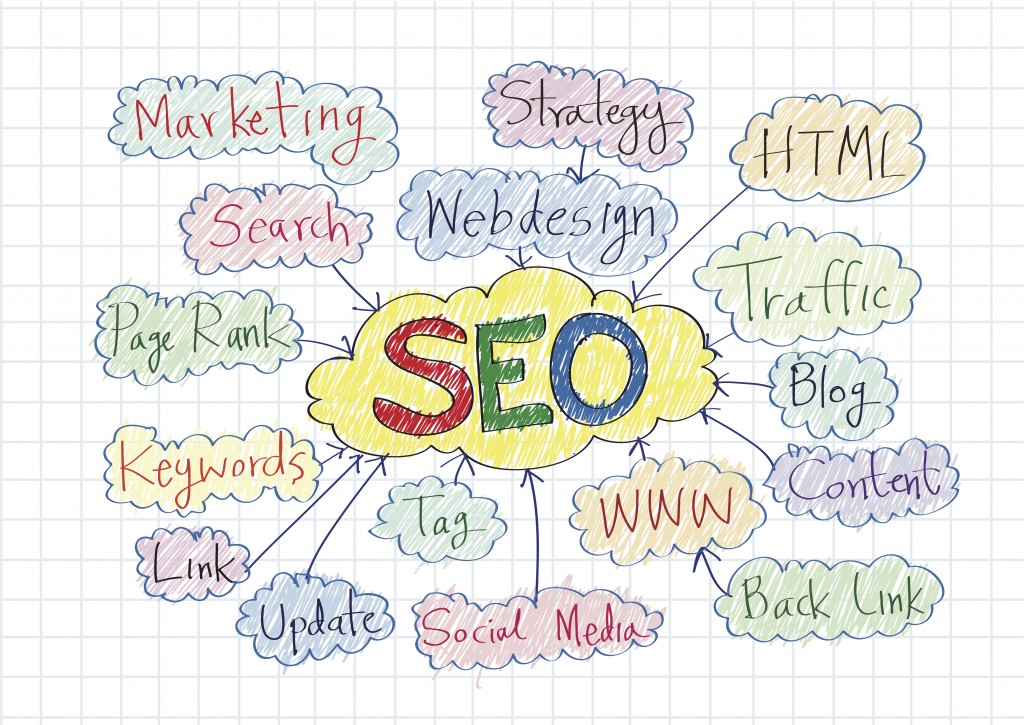There are a lot of buzzwords around Information Management these days. Carlo Wouters helps you get a clear view on the value of your data and its untapped potential in these 5 Questions and the June 10th AE Foyer.
1. A lot of companies today want 'their app'. They set up projects and establish partnerships for a fast time-to-market. For a lot of innovative processes and applications you see two tracks emerging. A fast one for innovative applications and a more sustainable one for mission-critical back-office systems. Is it useful to approach your information and data in the same way?
We don’t really have that luxury; although many companies do try it this way. The problem is that hardly any useful apps (or other innovative developments) exist that are completely independent of the core data of the ‘traditional world’.
We still need to know our customers, our products, order history, shop locations, …. To do innovation well, you need an approach that regards the underlying data foundation holistically. We’ve developed an approach we call ‘The Long Dog Leash’ to help companies avoid this trap.
2. People often think that you need tons of data before you get something useful out of analytics or make an investment in active information management worth it. What's your take on that stance?
Well, more data is usually desirable. I would argue however that it’s better to consider the ‘data as an asset’; analogous to money. More money is usually desirable. If you don’t have a lot of it, chances are you’re following up on your expenses more closely. It’s even more important to make every penny or eurocent count. Continuing the analogy; the tools you should be using vary a lot depending on how much money you have (personal investment portfolio managers are probably not that useful for families that can hardly make ends meet). The same goes for data and the tools & technologies companies use to manage it, and to arrive at new insights.
But don’t mistake the size of the tool with the importance of the available data. Let me also again stress my personal contempt for buzzwords, specifically ‘Big Data’. We were already performing very useful analytics before that term was ever used. Furthermore, I’ve spent more time than I care to remember trying to prevent companies from drawing wrong conclusions from the definition with its 3 (or 4) V’s. The reality of it is that technologies that have been around a long time have been fine-tuned, and in combination with some recent developments (social media, low-cost storage and high bandwidth connectivity) offer new possible solutions to certain problems.
However, there are not many shortcuts to determine what kind of solution will work for a specific problem. An understanding of the strengths and weaknesses of the underlying technologies is needed to provide an adequate answer. We never claim to have all the answers, but we do feel we can help companies with asking the right questions and cutting through buzzwords until the underlying technologies with their pros and cons are revealed.
3. Customer data and information is often seen as 'the new gold' for companies today. A way to create new revenue generators,... Do you see information and data management applications as the core of a companies' architecture or is a more decentralised view preferable?
That is a difficult question. Talking about ‘Decentralisation’ vs ‘Centralisation’ is mostly useful when it is considered a technical principle or pattern, or when you are describing a reference architecture. Both can be useful but have very little to do with how a company considers their data on a logical level. There it’s still the default approach to have an enterprise-wide view on your information or in other words; to construct an Enterprise Information Model.
It is a far more interesting question whether our current techniques of constructing information models suffice for capturing more unstructured data from unknown sources or for reaching predefined quality standards.
4. As a follow-up, is there value in opening-up your data and information to third parties?
Absolutely. It’s the logical next step from B2B interfaces or services, or how integration enters the Digital Era. To throw some more buzzwords into the arena; we had SOA, Open Data, … The new kid on the block is API management. Again, the term is new, the underlying principles and technologies are not. So, not using any of those, the question becomes whether there are use cases for providing information to others.
Most companies have these use cases. They range from a business model (pay for provided information) over brand binding (get more people to easily use your information, and become a reference) to outsourcing (let others develop functionality based on the information we provided, they take the risk, provide the investment and earn the money. From our perspective customers get a better service, and it didn’t cost us anything).
5. What is, in your opinion, the biggest gain and differentiator of an early focus and investment in robust information management for any project or company?
Cost-Efficiency. You’ll have a better understanding of which investments to make if you know what role information plays in the success of your company. What are the acceptable data quality standards? Now and in the future? What about that one game-changing innovation around the corner? Does it rely on our existing data to be of better quality, more readily available, … ? Or is it all there, and should we just be better at analysing our data? Do we believe there are insights in our data that will take our business to the next level? Will this always be the case (so there always be more insights to discover)? Can our Data Governance handle an IT (and so also data layers) that operates at 2 speeds – more specifically bimodal IT? How do our current Master Data Management problems affect our ability to innovate successfully?





